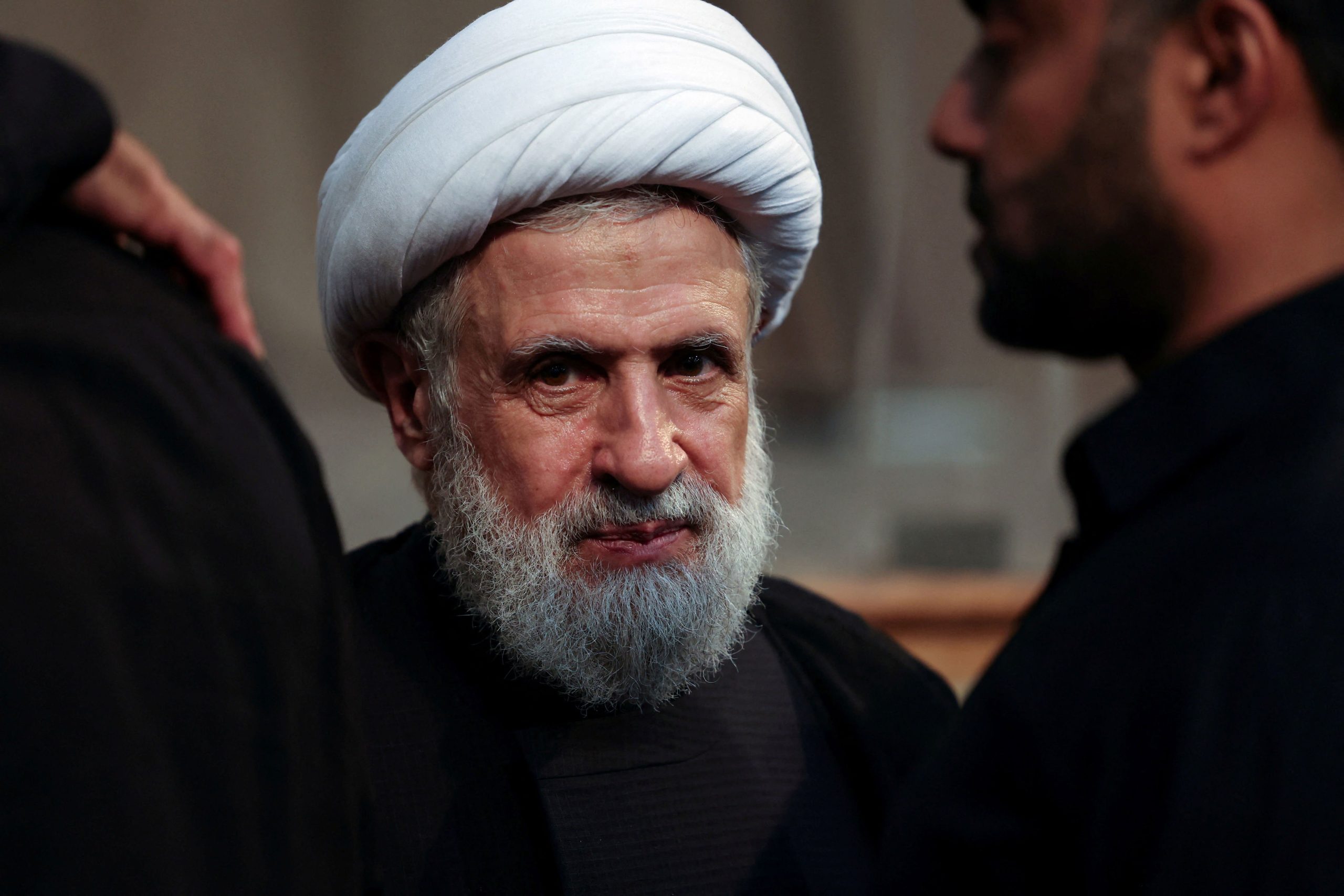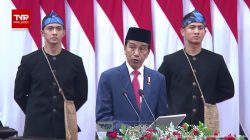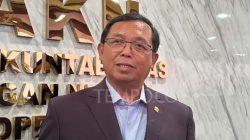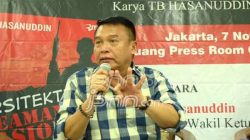Hezbollah’s Stance on Disarmament and Regional Tensions
Hezbollah, a powerful militant group based in Lebanon, has firmly rejected the notion that its organization will disarm despite increasing pressure from international actors. The group’s secretary-general, Sheikh Naim Qassem, made these statements through Hezbollah-affiliated media outlets, emphasizing the group’s refusal to comply with demands for disbandment.
Qassem accused the United States of seeking to impose a new agreement that would absolve Israel of its actions over the past eight months. He argued that the first step in this proposed deal would involve the disarmament of Hezbollah. This claim highlights the ongoing tensions between the U.S., Israel, and Hezbollah, as well as the broader geopolitical dynamics in the Middle East.
In addition to his criticism of the U.S., Qassem alleged that the American administration is coordinating military efforts with Israel. He claimed that this collaboration aims to expand American influence in the region, further complicating the already volatile situation. These accusations reflect the deep mistrust that exists between Hezbollah and Western powers, particularly the U.S.
Qassem also emphasized that Hezbollah has adhered to the ceasefire agreement by fulfilling all the requirements set forth under the terms. He contrasted this with Israel, which he claimed did not follow through on its obligations. This statement underscores the group’s belief that the ceasefire was initially beneficial for Lebanon, but it now requires amendments to better serve the country’s interests.
Regional Threats and Hezbollah’s Position
According to Qassem, Lebanon faces three significant threats: the presence of Israel in the south, ISIS proxies along the eastern border, and what he refers to as “American tyrants.” These threats are seen as existential challenges to Lebanon’s sovereignty and stability. By framing these issues in such a manner, Qassem aims to rally support for Hezbollah’s continued armed presence and resistance against perceived external aggression.
Hezbollah’s stance on self-defense is clear. Qassem stated that the group is prepared to take action if Israel attacks in a way that necessitates a response. He emphasized that Hezbollah will not be humiliated and has made substantial sacrifices to achieve its current position. The group’s strength, according to Qassem, has been instrumental in securing these outcomes, and he asserted that Israel will not achieve its goals as long as Hezbollah remains active.
The Current Ceasefire Agreement
The existing ceasefire agreement between Israel and Lebanon mandates that Hezbollah, along with any other armed groups operating in the country, must dismantle its operations in southern Lebanon. This agreement came into effect in late November of the previous year, marking a significant moment in the region’s history.
However, the future of this ceasefire remains uncertain. While the agreement was intended to bring stability to the region, it has faced challenges from both sides. Hezbollah’s refusal to disarm and its claims of non-compliance by Israel have created a fragile balance that could easily tip into renewed conflict.
As tensions continue to mount, the international community watches closely. The potential for renewed violence raises concerns about the safety of civilians and the stability of the region. With Hezbollah’s strong stance and the complex web of regional alliances, the path forward remains unclear.
In conclusion, the situation between Hezbollah and Israel is fraught with tension and uncertainty. The group’s rejection of disarmament and its claims of external aggression highlight the deep-rooted conflicts that continue to shape the Middle East. As the ceasefire remains in place, the question of how long it can hold—and what might happen if it fails—looms large over the region.







